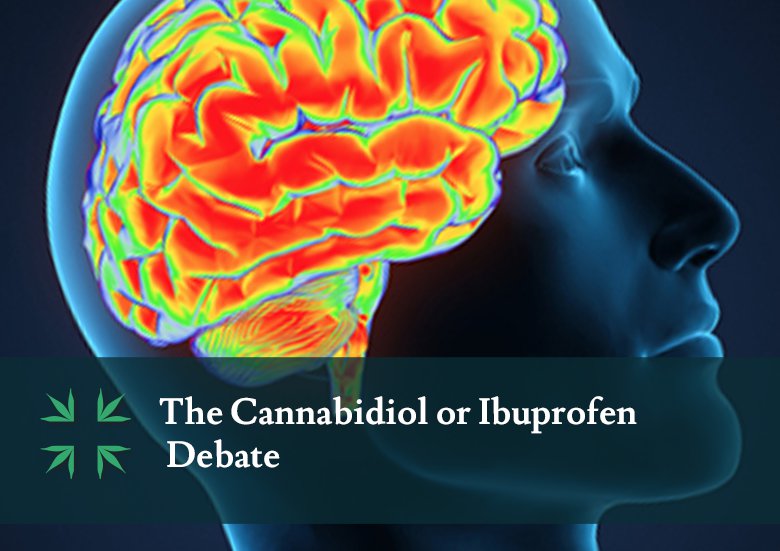One of the biggest arguments against the legalization of medical marijuana is the short term memory loss associated with the psychoactive substance, tetrahydrocannibinol, or THC. Recently approved by the FDA for the treatment of anorexia, AIDS patients and the nausea following chemotherapy for cancer, THC is generally administered in a capsule. However, there has been a drawback. Patients prescribed the THC capsule complain they can’t concentrate and have difficulty with short term memory when under the influence of the pain killing drug.
The assumption was that like Ibuprofen, THC worked by blocking COX-2, an enzyme associated with neural development, pain perception and appetite. However, in experiments on mice, they discovered THC actually increased the activities of COX-2, triggering learning and memory problems. When they added Ibuprofen to the experimental dosages given the mice, the confusion disappeared. The team of scientists led by Chu Chen, a neurologist at the Louisiana State University in New Orleans suggested that the unwanted side effects of THC dosages could be eliminated or reduced by administering a COX-2 inhibitor, such as Ibuprofen.
In a separate study with the University College London, it was determined that the memory loss associated with THC was not evident in all cannabis strains. Stated Valerie Curran, a psychopharmacologist with the University, users should be encouraged to try strains with higher contents of cannbidiol instead of THC. She states that in recent years, marijuana strains have been developed with a much higher ratio of THC than cannabidiol, another active ingredient of marijuana. Whereas THC is associated with euphoria and giddiness, it also triggers paranoia and memory loss. People who smoked hashish or herbal cannabidiol were able to perform as well when they stoned as when they were sober.
Curran believes that the study of cannabidiol could provide insights into the mechanics of memory formation, and that it may have therapeutic benefits for disorders involving memory deficits. Her findings have been published in the Journal of Psychiatry Today.
Her studies may make a significant impact on medical marijuana research as her case studies involve human participants and their marijuana participants. Currently the US Government policy dictates that only marijuana provided by the National Institute of Drug Abuse can be used for research and is significantly inferior in quality for medical study purposes.

Leave A Comment